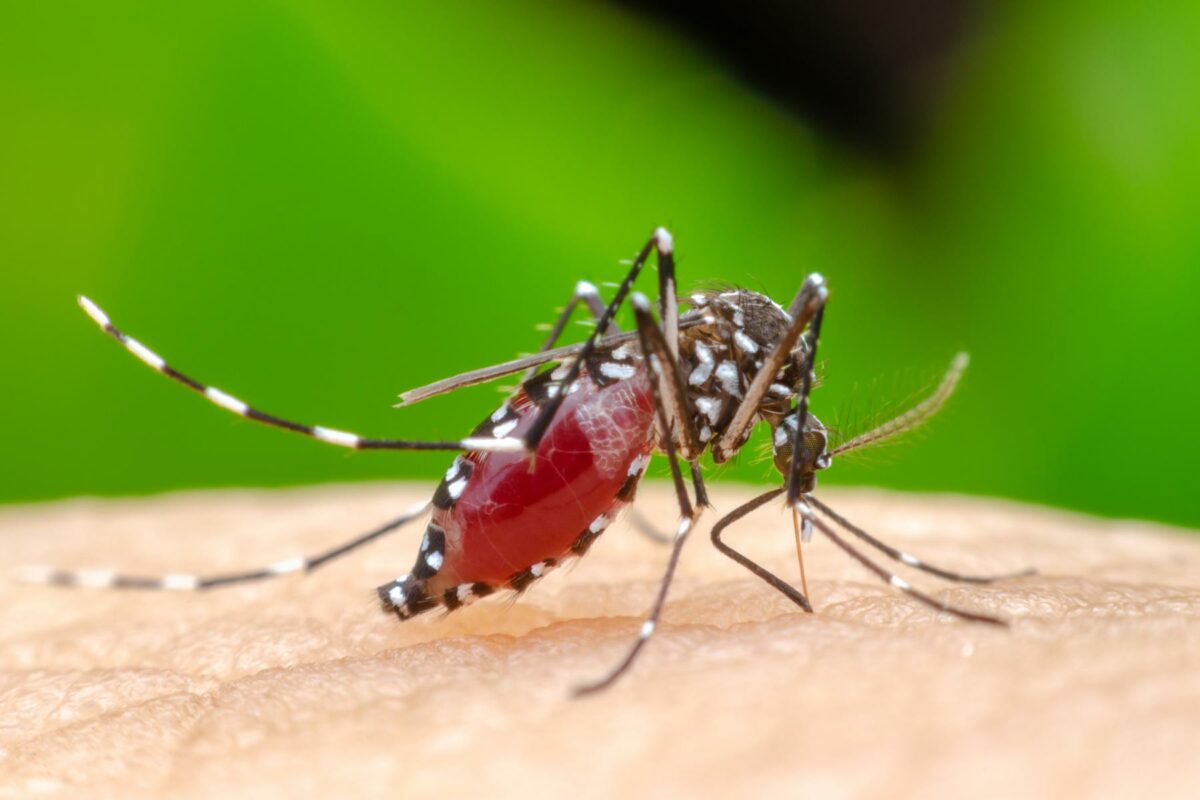The recent report that nine persons die from malaria every hour in Nigeria, is as disheartening as it is scary. This is not because the figure emphasises the deadliness of the disease as we have always known that malaria is among the top killer diseases in the country, but because it is an indication that after all these years, no significant progress has been made in the fight against the disease.
In fact the figure is alarming enough to put any serious government to task. Of significance is the fact that this figure was released barely a few weeks after the People’s Republic of China was certified free of the disease.
- Over $3.2b spent on humanitarian response in North-East in 4yrs — UN
- How communications ministry, agencies generated N1trn in 2yrs — Pantami
The number was given by the Minister of Health, Osagie Ehanire, while speaking through a representative in Ogun State.
Speaking, the minister through the Ogun State’s Commissioner for Health, Dr Tomi Coker, noted that cases of malaria were significantly higher in rural areas. He quoted a report which indicated that Nigeria contributed 27 percent to the world’s malaria burden, and constitutes 23 percent of deaths from the disease globally.
The People’s Republic of China recently marked a major milestone of eradicating the disease. Following that nation’s 70-year effort, it was in June awarded a malaria-free certification from the World Health Organisation (WHO), underscoring the laudable feat for a country that reported 30 million cases of the disease annually in the 1940s.
While China is the first country in the Western Pacific Region to get a malaria-free certification in more than three decades, other countries in the region that have achieved it include Australia in 1981, Singapore in 1982, and Brunei Darussalam in 1987. In Africa, Algeria became the third country to be officially certified malaria-free as recently as in 2020, after Mauritius in 1973, and Morocco in 2010. It is important to note that Algeria’s malaria elimination programme was fully funded through domestic sources.
If smaller African countries can eradicate malaria, why is the giant of the region yet to do so? While it appears as if the fight has been on for long in the country, in actual sense, the commitment and will to eradicate the disease have been lacking. A large percentage of the fights against malaria is funded by international donors, with minimal intervention from the Nigerian government. And once such projects end, Nigeria folds its arms and waits for the next intervention.
We must understand one fact and that is, malaria is our problem and we must address it. International donors could come in through support, but since it is not their problem, they may not fully appreciate the impact of the disease on citizens and the nation’s economy. Apart from the huge amount of money spent on treatment, man-hours are lost due to people falling ill from the disease.
It is incomprehensible that despite the frequency with which this disease afflicts Nigerians and several interventions, there are no statistics of citizens who are malaria-free, which in turn means there is no proper way to gauge the level of success in the unnecessarily long-drawn fight. Also, research ought to have been carried out to figure out why those interventions have not eradicated malaria, to serve as a guide for future efforts.
States, federal governments and other relevant stakeholders must come together to seek a solution to this health crisis. The coronavirus broke out only about two years ago and already several vaccines have been produced to check infections while many others are in the stage of production. Why have the scientists and research institutes in Nigeria not produced a vaccine/vaccines for this killer disease? They must be tasked to embark on a research to this effect. It is also unfortunate that even the big pharmaceutical companies have not considered or commissioned a research into malaria, instead what we have on the shelves in pharmacies is a proliferation of malaria drugs, some of which do not even work.
Government at all levels must sit up; funds should be provided to tackle mosquitoes, the carrier of the parasite that causes the disease. They should embark on constant fumigation exercises, clear drainage and provide mosquito nets for citizens.
They can also study other African countries that have eradicated this disease and see how they can adopt their methods taking into consideration Nigeria’s peculiarity. Nigerians do not have to die from malaria. Government must act now.

 Join Daily Trust WhatsApp Community For Quick Access To News and Happenings Around You.
Join Daily Trust WhatsApp Community For Quick Access To News and Happenings Around You.


